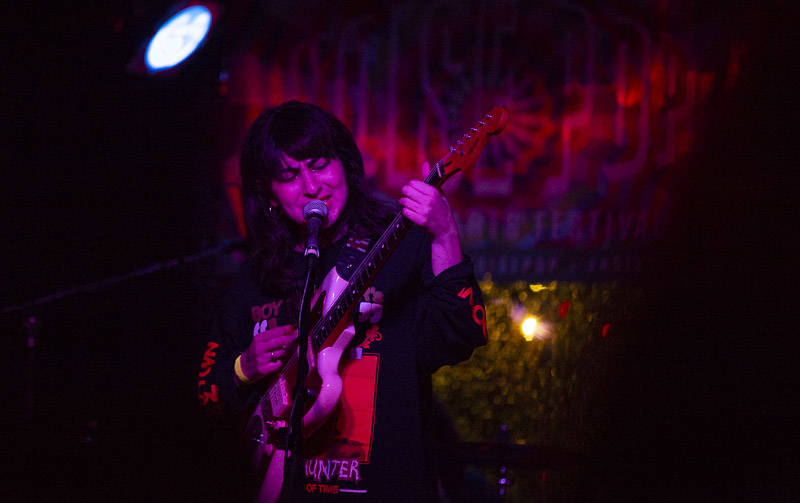Help might be on the way for independent music venues, which have been in dire financial straits since the pandemic began. With no revenue coming in, some venue owners have called it quits and gone out of business. Meanwhile, others have dug into their retirements and amassed debt to hang on to their establishments until the vaccine arrives. Crowdfunding, selling merchandise or grants from philanthropic foundations have provided some relief, but not enough to cover an average San Francisco concert hall’s estimated $18,000–$35,000 monthly overhead costs.
The long-awaited Save Our Stages Act promises some help. It’s part of the COVID-19 stimulus package that Congressional Democrats and Republicans finally agreed upon on Sunday after months of stalling and debate. The House and Senate must now pass the bill, and President Trump must sign it, before it becomes law. If passed, $15 billion would go to grant programs for live venues, independent movie theaters and other cultural institutions, according to a statement from House Speaker Nancy Pelosi and Senate Minority Leader Chuck Schumer. Each qualifying venue would be awarded a grant equal to 45% of its 2019 operating costs, or up to $12 million.
Dayna Frank, board president of the National Independent Venue Association, praised the compromise in a statement. She heads an advocacy group of club owners that includes over 100 members in Northern California. “We’re also incredibly grateful that this bill provides Pandemic Unemployment Assistance which will help the millions of people who lost their jobs through no fault of their own during this economic crisis,” she wrote. “We urge swift passage of this legislation, which will assist those in the greatest need and ensure the music lives on for generations to come.”
Timing is crucial for Bay Area music venues, which were already operating on thin profit margins due to high rent and mortgage costs. Recently, some club owners have said they’re weeks or months away from closing.


